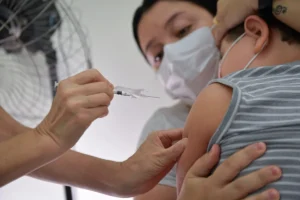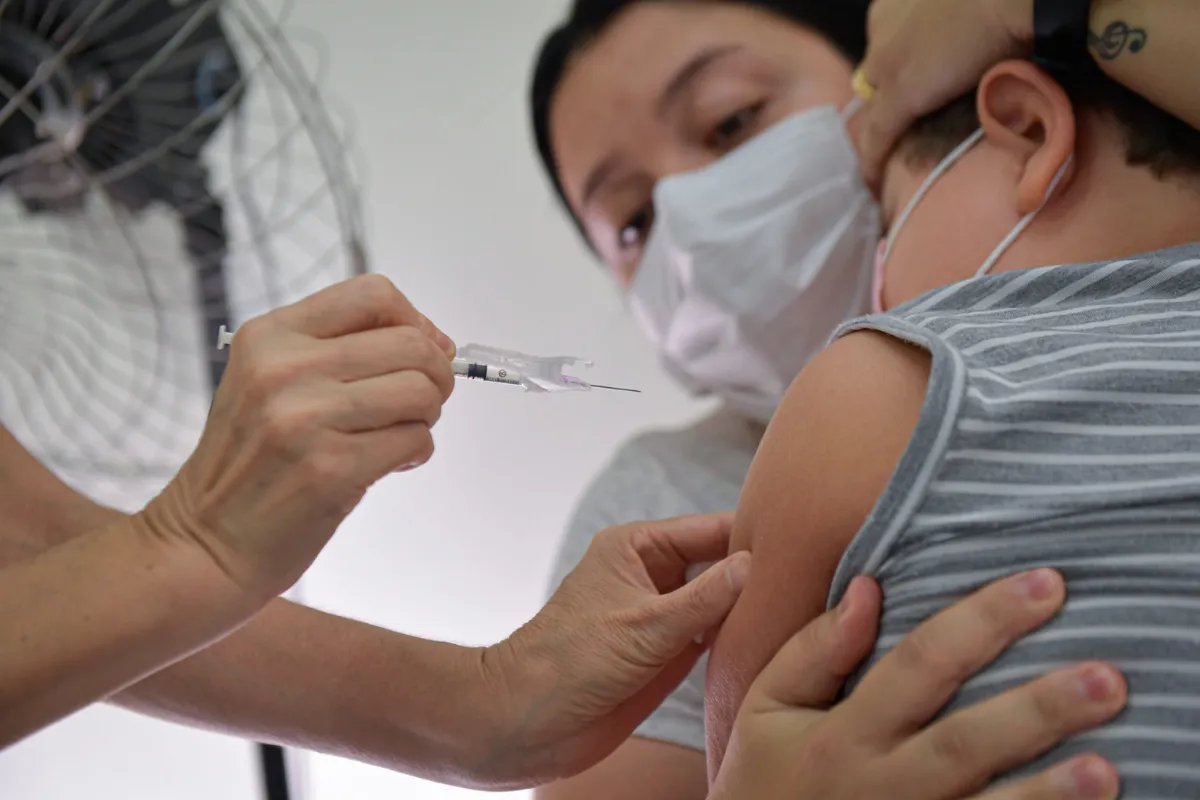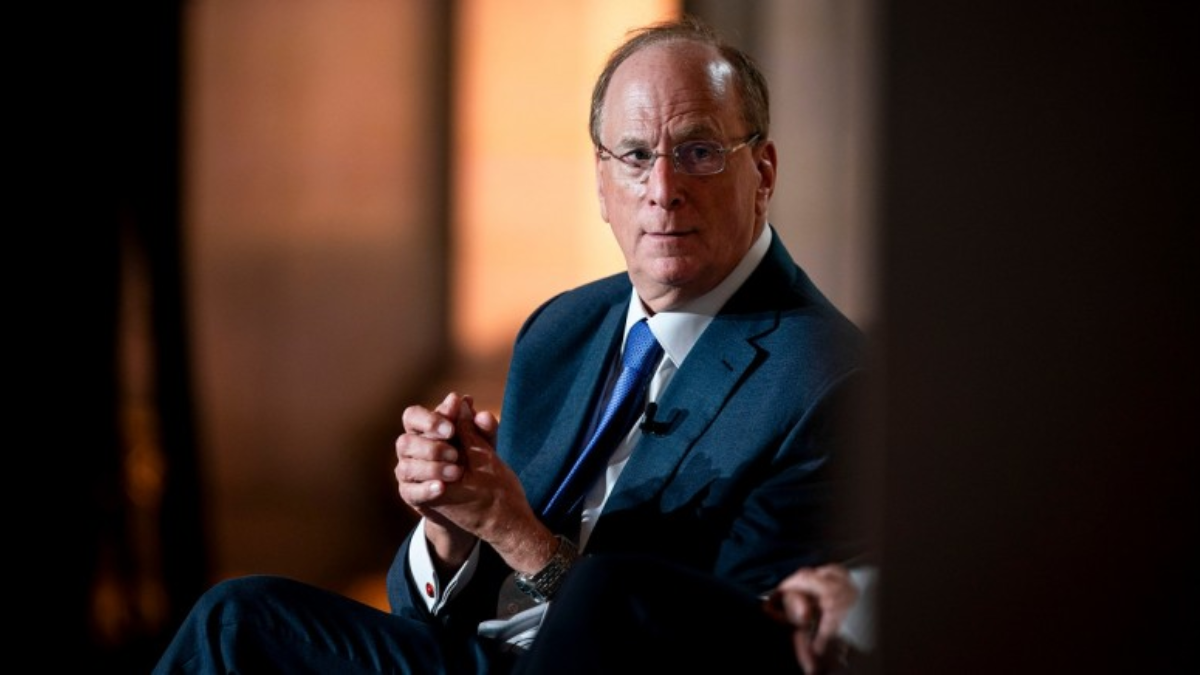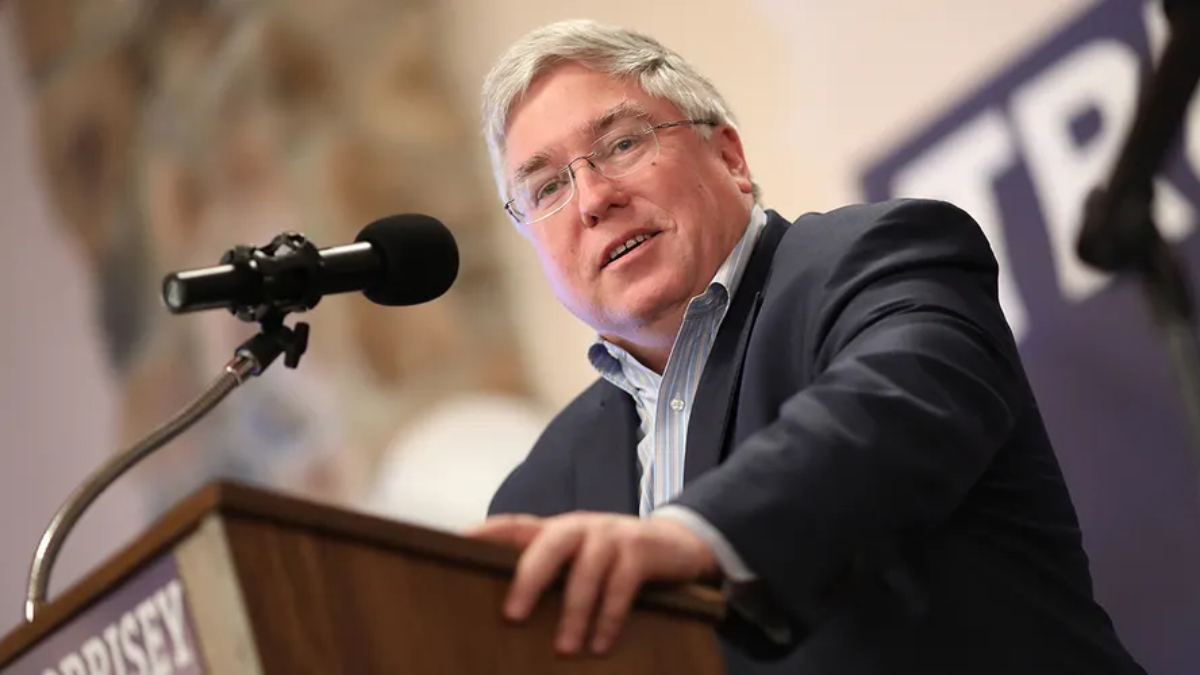West Virginia’s House of Delegates has voted against a bill that would have allowed religious exemptions for school vaccinations, reinforcing the state’s strict immunization laws.
The West Virginia House of Delegates voted 42-56 on Monday to reject Senate Bill 460, a proposal that aimed to introduce a religious exemption to the state’s school vaccination requirements. If passed, families could have submitted a written statement objecting to vaccinations on religious grounds, while private and parochial schools would have been able to set their own immunization policies.
Under the current law, exemptions from vaccine requirements are granted only for medical reasons, and this bill sought to modify the process for obtaining those exemptions. It would have allowed families to secure an exemption with a statement from a licensed physician, physician assistant, or nurse practitioner if the provider determined that a vaccine might be harmful to the child’s health.
A Heated Debate on Public Health and Religious Freedom
The vote followed two hours of intense debate among delegates. Supporters of the bill emphasized religious freedom and parental rights, while opponents argued that loosening vaccine laws would expose children to preventable diseases such as measles and polio.
Del. Keith Marple (R-Harrison) opposed the bill, recalling individuals he knew who had been crippled by polio. “West Virginia has a strong record of keeping polio and other diseases at bay,” Marple said. “We need to protect our children.”
Del. Kathie Hess Crouse (R-Putnam) argued that the bill was about balancing public health policies with personal freedoms. “Parents deserve the right to make medical decisions for their children without coercion,” she said. “These are their children, not the state’s.”
Del. Tristan Leavitt (R-Kanawha) supported religious exemptions but took issue with the bill’s provision allowing exemptions through a simple written statement. He suggested a model like Kentucky or Virginia, which requires a notarized statement of religious objection. “This ensures sincerity without forcing anyone to prove their religious beliefs,” he explained.
West Virginia’s Strong Vaccination Laws Remain in Place
West Virginia is one of only five states that do not allow religious or philosophical exemptions to school vaccine mandates. The state’s strict immunization policies have been credited with preventing outbreaks of measles and other infectious diseases, according to medical experts.
Republican lawmakers have long sought to loosen these restrictions. Last year, a bill allowing religious and parochial schools to set their own vaccination requirements passed both chambers but was vetoed by then-Gov. Jim Justice.
Current Gov. Patrick Morrisey has taken a different stance, issuing an executive order on his second day in office mandating religious exemptions for vaccines. However, his administration criticized SB 460, arguing it was not aligned with his vision. “West Virginia remains an outlier by denying religious exemptions, placing us in line with liberal states like California and New York,” said Morrisey’s communications director Alex Lanfranconi.
Democrats Applaud the Bill’s Rejection
The state’s Democratic Party celebrated the vote, calling it a win for public health. “Today, members of both parties stood together to prioritize the safety and well-being of West Virginians,” said Del. Anitra Hamilton (D-Monongalia). “Gov. Morrisey’s executive order endangers lives, and he must revoke it immediately.”
Morrisey’s office stated that the executive order remains in effect. However, it is unclear what this means for the future of religious exemptions in the state.
Concerns Over Medical Exemptions
Supporters of SB 460 argued that the bill would have fixed the state’s flawed medical exemption process. Del. Ian Masters (R-Berkeley) shared his family’s struggle to obtain a medical exemption for his child, who has Down syndrome and suffered severe health complications after an illness. Despite their doctor’s recommendation against vaccination, the state denied the exemption request.
“Our medical exemption process is broken,” said Senate Health Committee Chairwoman Del. Laura Wakim Chapman (R-Ohio). “It’s harming our children.”
According to the state Bureau for Public Health, 53 medical exemption requests were filed in 2023. Of those, 19 were denied, 9 received permanent exemptions, 24 were granted temporary exemptions, and one was categorized as “other.”
As the debate continues, West Virginia’s strict vaccine policies remain unchanged, ensuring that schoolchildren remain protected from vaccine-preventable diseases.
FAQs
1. Why did the West Virginia House reject the vaccine exemption bill?
The House rejected the bill due to concerns over public health and the risk of disease outbreaks. Many delegates argued that religious exemptions could lead to lower vaccination rates and increase the spread of preventable diseases.
2. What would SB 460 have changed about vaccine exemptions?
The bill would have introduced a religious exemption, allowing families to opt out of school vaccine requirements with a written statement. It also proposed changes to the medical exemption process, allowing exemptions based on a provider’s assessment without requiring approval from the state immunization officer.
3. How does West Virginia’s vaccine law compare to other states?
West Virginia is one of five states that do not allow religious or philosophical exemptions for school vaccines. Most states permit exemptions for religious or personal beliefs.
4. What is Gov. Patrick Morrisey’s stance on vaccine exemptions?
Gov. Morrisey supports religious exemptions and issued an executive order mandating them. However, his office opposed SB 460, arguing that it differed from his original plan.
5. What happens next for vaccine exemptions in West Virginia?
Since SB 460 was rejected, current vaccine laws remain in place. However, Gov. Morrisey’s executive order on religious exemptions is still active, though its future impact remains uncertain.














